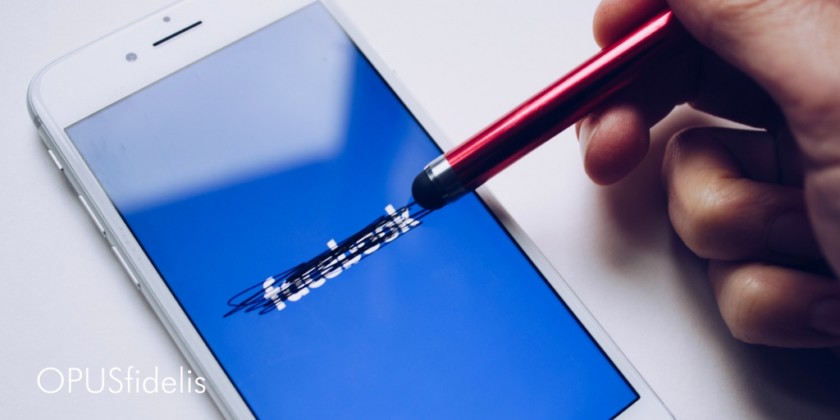Facebook has had nothing but negative publicity since it was revealed that they committed the worst privacy breach in internet history. Now they are faced with the daunting task of releasing notifications to 87 million Facebook users, informing them that they are victims of this data breach.
According to Cambridge Analytica whistle-blower, Christopher Wylie, this massive privacy issue can be traced all the way back to 2014. According to CBS News:
That Facebook app, called “This is Your Digital Life,” was a personality quiz created in 2014 by an academic researcher named Aleksander Kogan, who paid about 270,000 people to take it. The app vacuumed up not just the data of the people who took it, but also — thanks to Facebook’s loose restrictions — data from their friends, too, including details that they hadn’t intended to share publicly.
Facebook’s leadership has spent a frantic last few days trying to do international damage control, apologizing profusely to users.
CEO Mark Zuckerberg acknowledged that he made a “huge mistake” in failing to take a broad enough view of what Facebook’s responsibility is in the world. He’s set to testify before Congress next week.
And Facebook’s chief operating officer, Sheryl Sandberg, mainly echoed Zuckerberg’s remarks in a round of interviews last week.
“This was a huge breach of trust,” Sandberg said on CNBC. “People come to Facebook every day and they depend upon us to protect our data and I am so sorry that we let so many people down.
Obviously, Facebook has a lot of work ahead of them. Their first task is to release a detailed notification in the news feeds of all those who have been affected by the privacy breach. It will also be issuing all 2.2 billion Facebook users a notice entitled “Protecting Your Information”, which will reveal what apps each user has accessed and what information they have shared. They will have an option to shut off these apps individually, or as a whole.
Regardless of their attempts to resolve the issue, many people are expressing serious disappointment and some are even exiting the Facebook platform for good. Do you think Facebook will be able to restore trust with users? Or will the platform die as a result of Cambridge Analytica scandal?
Internet security company Varonis thinks that social media platforms such as Facebook, Twitter, and LinkedIn could be able to win back the trust of their users using new and improved security features. In a fascinating infographic, they review the security blogs of these three top social media sites, breaking down the initiatives from user-facing security measures to behind-the-scenes implementation. Take a look and tell us what you think in the comments below!


